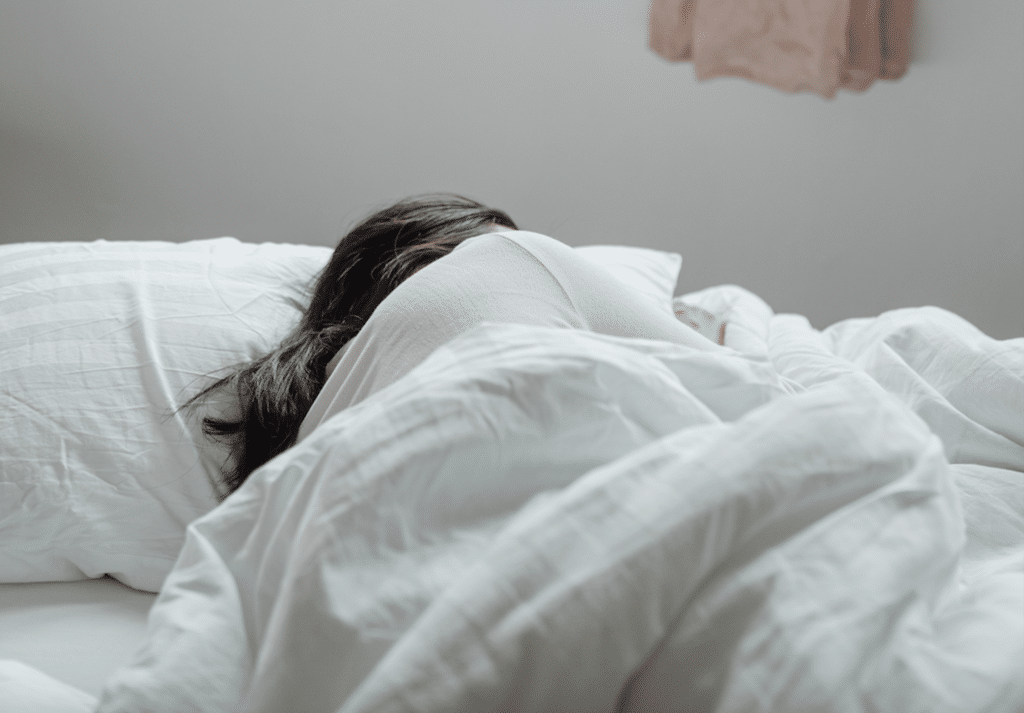The Importance of Sleep for Mental Health
Sleep is essential for physical and mental health. Getting a good night’s sleep is crucial for restoring the body and mind, allowing us to wake up feeling refreshed and energized. In addition to physical benefits, sleep also plays a significant role in mental health. In this blog, we will explore the connection between sleep and mental health, the impact of poor sleep on mental health, and tips for improving sleep habits.
Mental Health Center of San Diego
How Sleep Affects Mental Health
Sleep is closely linked to mental health, and poor sleep can contribute to developing or exacerbating mental health conditions. Some ways in which sleep affects mental health include:
- Mood regulation: Sleep plays a crucial role in regulating mood, and poor sleep can lead to irritability, mood swings, and depression.
- Cognitive function: Sleep is necessary for cognitive function, and lack of sleep can lead to difficulty concentrating, memory problems, and decreased productivity.
- Anxiety and stress: Poor sleep can increase anxiety and stress levels, making it harder to cope with daily stressors.
- Psychiatric disorders: Sleep problems are commonly associated with psychiatric disorders such as depression, bipolar disorder, and anxiety disorders.
Mental Health Center of San Diego
The Impact of Poor Sleep on Mental Health
Poor sleep can significantly impact mental health, and chronic sleep problems can develop or worsen mental health conditions. Some ways in which insufficient sleep can affect mental health include:
- Depression: Studies have shown that individuals with insomnia are at a higher risk of developing depression. Lack of sleep can lead to changes in brain chemistry that contribute to depressive symptoms.
- Anxiety: Poor sleep can increase anxiety levels and make it harder to cope with anxiety symptoms.
- Bipolar disorder: Sleep disturbances are common in individuals with bipolar disorder, and poor sleep can trigger manic or depressive episodes.
- Substance abuse: Lack of sleep can increase the risk of substance abuse and addiction, as individuals may turn to drugs or alcohol to help them sleep.
Tips for Improving Sleep Habits
Improving sleep habits can positively impact both physical and mental health. Here are some tips for improving sleep habits:
- Stick to a consistent sleep schedule: Try to go to bed and wake up at the same time every day, even on weekends.
- Create a sleep-conducive environment: Make sure your bedroom is quiet, dark, and cool. Use comfortable bedding and invest in a good mattress and pillows.
- Avoid stimulating activities before bedtime: Avoid watching TV, using electronic devices, or engaging in other stimulating activities before bedtime.
- Limit caffeine and alcohol: Caffeine and alcohol can interfere with sleep, so limiting or avoiding them is best.
- Practice relaxation techniques: Deep breathing, meditation, or progressive muscle relaxation can help reduce stress and promote relaxation.
- Exercise regularly: Regular exercise can help promote better sleep, but it’s important to avoid exercising too close to bedtime.
Mental Health Center of San Diego
Seek Help for Sleep Problems and Mental Health
Sleep plays a crucial role in both physical and mental health, and poor sleep can significantly impact mental health. It’s essential to recognize the connection between sleep and mental health and take steps to improve sleep habits. By sticking to a consistent sleep schedule, creating a sleep-conducive environment, avoiding stimulating activities before bedtime, limiting caffeine and alcohol, practicing relaxation techniques, and exercising regularly, individuals can improve their sleep quality and overall mental health.
If you are experiencing sleep problems or mental health symptoms, it is important to seek help. Sleep problems can significantly impact mental health, and addressing them early on is essential. Contact Mental Health Center of San Diego to schedule an appointment with a mental health professional who can help you manage your sleep problems and improve your mental health.









